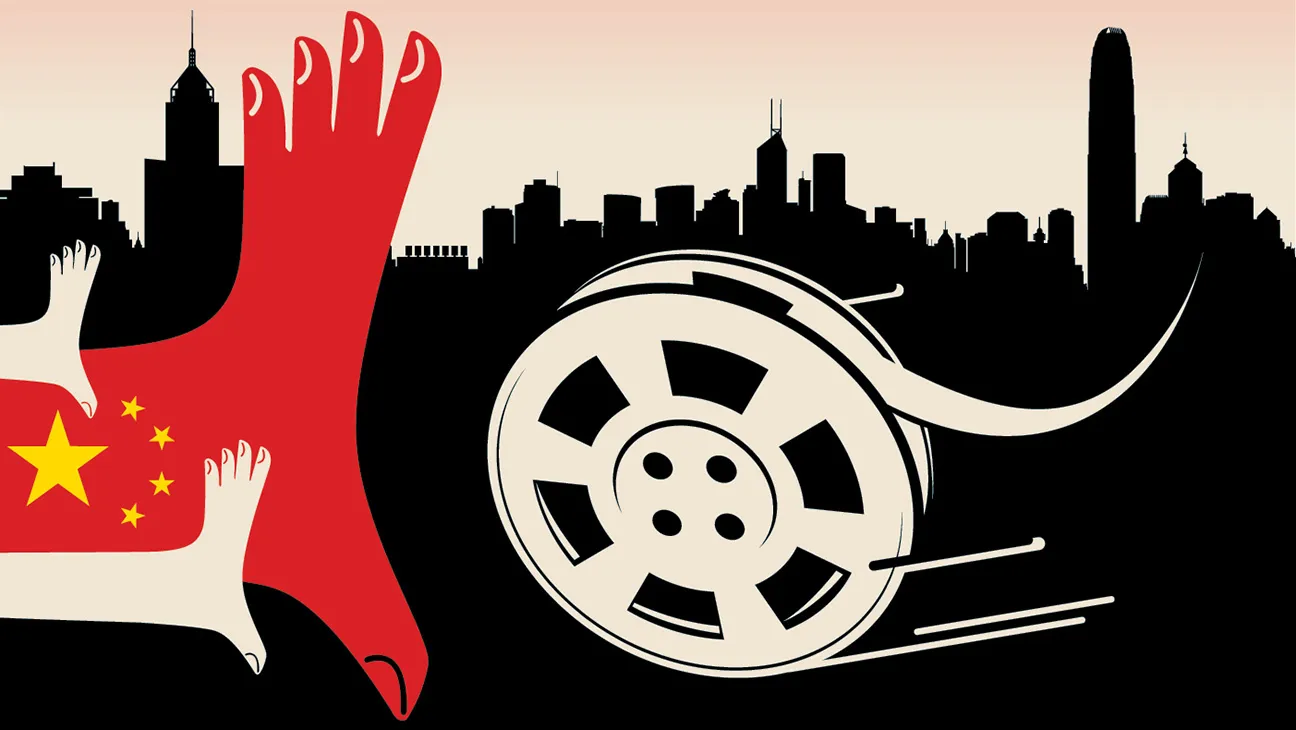Exploring the Impact of Movie Franchises and Sequels on the Film
Unveil the Blockbuster Secrets! Explore Franchises and Sequels in Cinema ?? - Dive into Hollywood's Episodic Magic

The Evolution of Movie Franchises and Sequels Impact on the Film Industry
The film industry has seen significant transformations over the years, with one of the most prominent being the rise of movie franchises and sequels. These cinematic phenomena have left an indelible mark on the industry, shaping the way movies are produced, marketed, and consumed. In this article, we will delve into the impact of movie franchises and sequels on the film industry, exploring their historical evolution, economic implications, creative challenges, and their influence on audience expectations and preferences.
The Historical Evolution of Movie Franchises and Sequels
The concept of sequels and franchises is not new to cinema, but its prevalence and significance have evolved over time. Initially, sequels were often standalone films that continued the story of the original, such as "The Bride of Frankenstein" (1935) following "Frankenstein" (1931). However, the true birth of the modern movie franchise can be traced back to the 1970s, with the release of "Star Wars" (later renamed "Star Wars Episode IV: A New Hope"). This groundbreaking film not only marked the beginning of one of the most iconic movie franchises but also introduced the concept of cross-media merchandising, which has since become a standard practice in the industry.
The success of "Star Wars" set the stage for other major franchises like "Indiana Jones," "James Bond," and "Superman." These films demonstrated the profitability of creating a brand around a central character or theme, resulting in not just sequels but a vast array of tie-in merchandise, novels, and other media. This commercial approach to filmmaking forever changed the industry's landscape.
The Economic Implications of Movie Franchises and Sequels
One of the most significant impacts of movie franchises and sequels on the film industry is their economic influence. These films have proven to be reliable cash cows for studios, offering a formulaic approach to box office success. Franchises often secure significant financial backing, enabling the production of high-budget spectacles that attract global audiences.
- Box Office Success: Franchises like the Marvel Cinematic Universe (MCU) and "Fast & Furious" have consistently dominated the global box office, with each installment often surpassing its predecessor's earnings. This financial stability allows studios to take creative risks in other projects.
- Merchandising and Branding: Movie franchises have revolutionized merchandising, with toys, clothing, video games, and more capitalizing on a film's success. This synergy between movies and consumer products has created immense revenue streams.
- Home Entertainment: Sequels and franchises also boost home entertainment sales. Fans often collect entire series on DVD or Blu-ray, contributing to long-term revenue for studios.
- Streaming Services: In the era of streaming services, franchises and sequels are attractive assets, drawing subscribers with the promise of exclusive content. This has led to increased competition among streaming platforms to secure rights to popular franchises.
Creative Challenges and Opportunities
While movie franchises and sequels offer financial stability, they also present creative challenges. The pressure to maintain continuity, satisfy fan expectations, and deliver fresh content can be daunting for filmmakers.
- Maintaining Quality: Franchises risk tarnishing their brand if they produce subpar sequels. Balancing commercial success with artistic integrity is a constant struggle.
- Franchise Fatigue: Over-reliance on sequels can lead to audience fatigue. The success of one installment does not guarantee sustained interest in subsequent ones.
- Expanding Universes: Some franchises opt for expanding their cinematic universes, introducing spin-offs and prequels to diversify storytelling. This approach can breathe new life into established franchises.
?Influence on Audience Expectations and Preferences
Movie franchises and sequels have shaped audience expectations and preferences in several ways.
- Genre Proliferation: Certain genres, like superhero films and sci-fi, have thrived due to franchises. This has led to a proliferation of genre-specific content, catering to fans' tastes.
- Serial Storytelling: Audiences have grown accustomed to interconnected stories and cliffhangers, expecting a deeper narrative experience from their movies.
- Loyalty and Fandom: Franchises foster a sense of loyalty and fandom, creating dedicated communities that discuss, dissect, and celebrate the films online and at conventions.
Movie franchises and sequels have left an indelible mark on the film industry, revolutionizing the way movies are produced, marketed, and consumed. Their historical evolution, economic implications, creative challenges, and influence on audience expectations have reshaped the cinematic landscape. While they provide financial stability and a platform for creative storytelling, they also require studios to strike a delicate balance between commerce and art. As we move further into the 21st century, it remains to be seen how movie franchises and sequels will continue to impact and evolve the film industry. However, one thing is certain: their influence is here to stay.
What's Your Reaction?
















